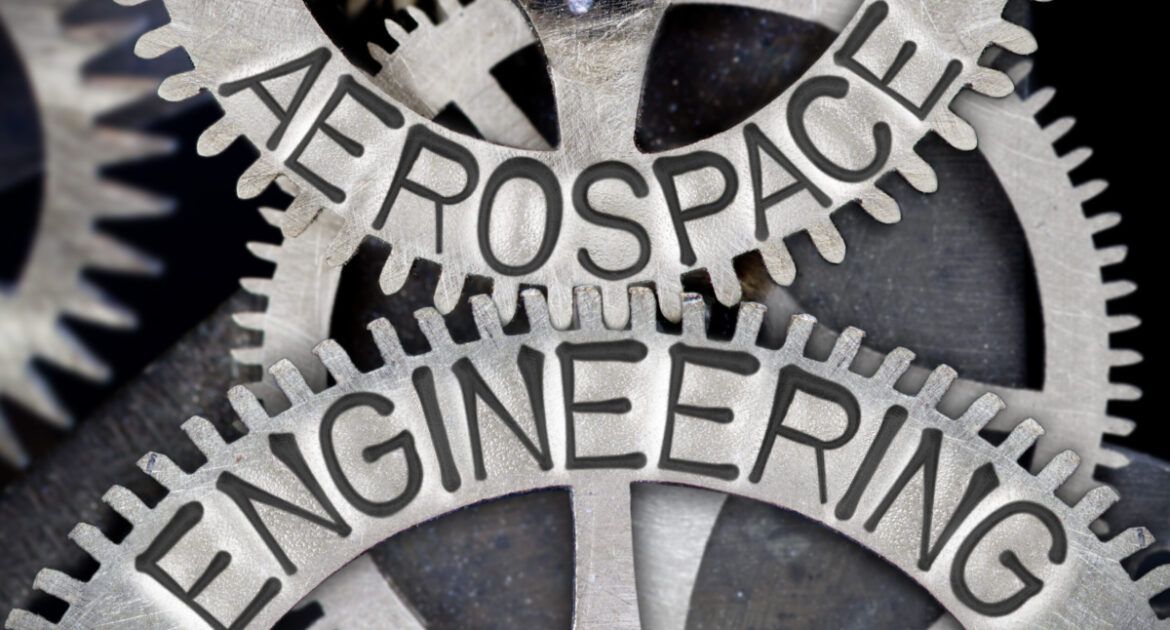Looking for academic research jobs in Aerospace Engineering?
Aerospace engineering researchers contribute to some of the world’s most exciting inventions and projects. You could be helping to design, develop and test the next generation of aircraft or space vehicles or researching computational astrodynamics or drone logistics.
Whether you’re an early career researcher, an experienced academic or an engineer working in the aerospace industry, you’ll find a wide range of higher education research jobs to suit your specialist interest.
Here we take a look at the typical career paths in aerospace engineering research, what it’s like to work as a researcher and where to find jobs.
Career Path
Higher education aerospace engineering research is a diverse and inclusive field which aims to draw on the knowledge and skills of experts from both academic and professional engineering backgrounds.
Many research projects are sponsored by the aerospace industry and universities work closely with companies such as Rolls Royce and BAE Systems to develop career pathways for aspiring research engineers.
On completion of a PhD or equivalent professional qualifications in your chosen research field, your next step would to be to look for postdoctoral, fellowship or associate research positions in a university, specialist institute or in the commercial sector which align with your expertise.
Most engineering research jobs depend on the availability of funding and interest and are mainly offered on a temporary, fixed-term basis. Therefore, you’ll need to complete at least a couple of postdoctoral research projects before you can make the move up to senior research associate, fellow or lecturer.
Working as an Aerospace Engineering Researcher
Aerospace engineering research and development is a wide-ranging field spanning multiple disciplines. Researchers work in close collaboration with the aerospace industry to develop products and technologies as well as push the boundaries of aerospace innovation.
You would be working within multi-disciplinary teams, collaborating with engineers, scientists and the aerospace industry around the world.
In general, the day-to-day tasks of an aerospace engineering researcher include:
- Modelling, designing and testing aerospace technology and products
- Collaborating with scientists and engineers in universities, industry and research institutes around the world
- Collecting data and liaising with industry partners
- Writing grant and project proposals and publishing research outcomes
- Ad hoc delivery of teaching and demonstrations to students
Where to find jobs
The UK has one of the largest aerospace industries in the world and research is generally well-funded. Universities work closely with industry to research and develop new technologies, particularly in the areas of fluid dynamics and aerodynamics, complex computational systems and air vehicle design.
Research is funding-dependent, so the availability of jobs is linked to the current research focus and priorities of each university, research institute and country.
Aerospace engineering research and development in the UK is funded through a combination of sources, including the Engineering and Physical Sciences Research Council (EPSRC), Innovate UK and in collaboration with the aerospace engineering and airline industry.
If you’re interested in working as a researcher in the UK, keep an eye on project availability in institutions which lead the field of aerospace research. Visit the UK Aerospace Research Consortium (UKARC) for more information.
If you choose to work as a researcher at a university, here are some of the roles you may come across during your search:
- Postdoctoral researcher/assistant
- Research technician/workshop technician
- Research fellow or associate
- Senior research associate/fellow
- Aerospace Engineering lecturer/senior lecturer
Find aerospace engineering research jobs here.
Salaries
Salaries in engineering research vary depending on the field and specific research activities of the university. However, postdoctoral researchers and research associates in engineering can expect to start on a salary of around £30,000 to £39,999 p.a.
PhD Studentships
If you’ve just completed a first degree or Master’s in aerospace engineering, you may be considering further research in a particular area of interest.
Most research posts require candidates to have a PhD. Completing doctoral research is ideal for engineering graduates who are looking towards an academic career or those who wish to discover more about a specific field before embarking on a career in industry.
There is a wide range of PhD studentships available in aerospace engineering. A PhD takes around 3-5 years to complete; most are fully funded and come with a UKRI standard stipend in the range of £15,000 and £17,000 p.a.
Further Information:
- Academic jobs in Aerospace Engineering
- Lecturing jobs in Aerospace Engineering
- Senior-level academic jobs in Aerospace Engineering





Leave a Reply